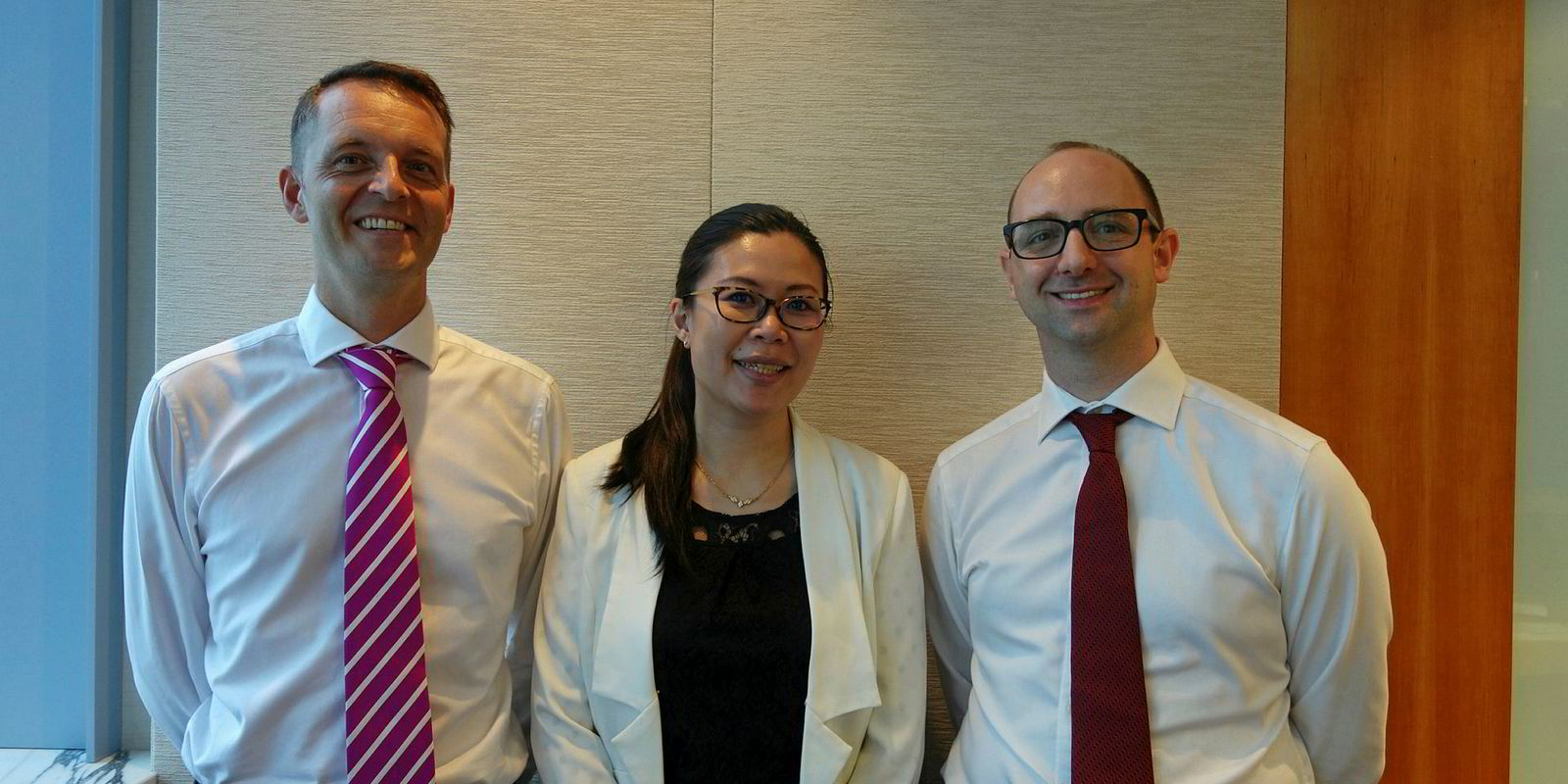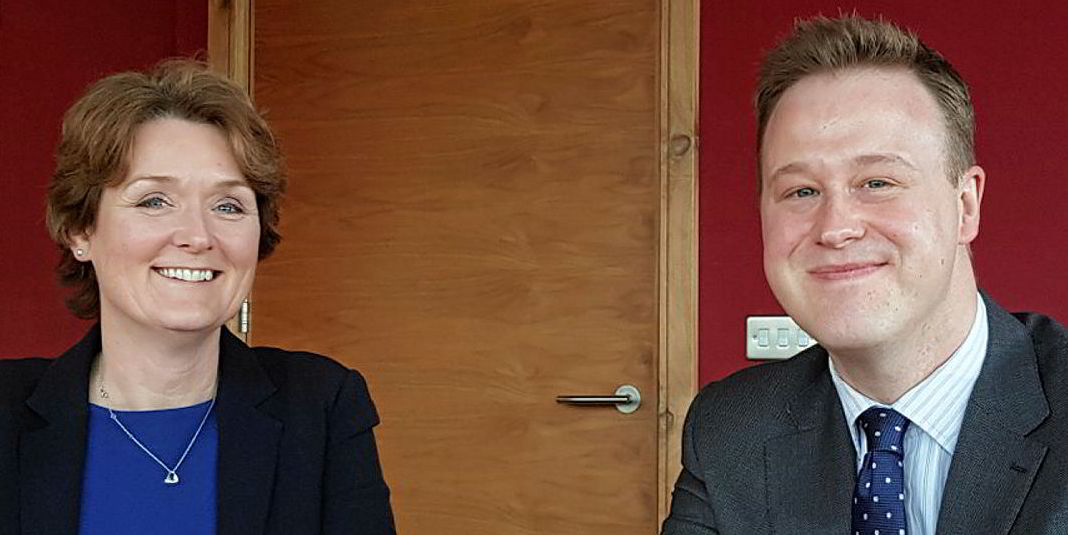Singapore’s Blackstone & Gold (BSG) plans to upend the way corporate law firms traditionally do business.
Fronting the newly launched practice is established commodities law specialist Baldev Bhinder, who until last month was a partner at iconic Singaporean maritime law firm Joseph Tan Jude Benny (JTJB).
Bhinder describes BSG as Singapore’s first energy and commodities law firm dedicated to the entire life cycle of the commodities market.
Special forces
“What we have learned from our past experiences with some of the best law firms in the world is that most try to be all things to all people,” he says.
“Very few specialise in a niche industry such as commodities, assisting clients with small teams of highly skilled, cross-functional and versatile lawyers.
“Much like military special forces, our lawyers, while specialists in their own right, are cross-trained in the various aspects of the legal business that mirrors the needs of the commodities clients.”
Bhinder led a small energy and commodities team at JTJB, which he describes as a plug-in for its core shipping law business.
“Effectively, I had an active practice of my own,” he tells TradeWinds. “It just added specialised capability to their offering.”
That team is now with him at BSG, along with clients who had initially followed him to JTJB.
Services on offer
BSG’s “cradle-to-grave” approach covers the full range of legal services required by the commodities sector, from the set-up of mining and exploration to shipping, processing and storing, trading, and production. Admiralty law will play a large role in this.
“Commodities and shipping go hand in hand,” he says. “Commodities, whether liquid or dry, are transported by ship. That is why the shipping element is so essential.
“Furthermore, our main clients are commodities companies, and some of them own ships.”
BSG’s involvement in shipping law will primarily be from the perspective of the owners and sellers of the cargoes onboard vessels.
“We are not looking at charter contracts between owners and operators, or mergers and acquisitions,” Bhinder says. “There are enough firms out there chasing that sort of work.”
The offshore oil and gas sector has boosted BSG’s presence in shipping law. It is already handling newbuilding contracts for offshore support vessels.
Bhinder says the units are being ordered directly by oil major clients rather than traditional OSV operators.

“It has taken me by surprise, given the large number of OSVs that are laid up. The response I have been given is that they consider it more economically viable to build a new ship than to go through the expense of reactivating one that has been cold-stacked for several years.
“At the moment, the interest in new tonnage is being shown only by the oil majors. The OSV operators tell me that they haven’t seen any marked improvement in the market, certainly not one that would justify ordering new ships.”
Bhinder is keen to get his firm into the LNG sector as Singapore ramps up its attempt to become an LNG trading hub, and LNG bunkering begins to take off.
It is a market he describes as underserved on the legal front: “There are very few lawyers in Singapore who specialise in LNG. There is perhaps only a handful.”
The large corporate law firms operate with a business model that is out of date. It is a model that is unsustainable and has to be disputed
Baldev Bhinder
Bhinder is frank about why he decided to part ways with a respected corporate law firm and set up a completely new one.
“The large corporate law firms operate with a business model that is out of date,” he explains. “It is a model that is unsustainable and has to be disputed. I want to completely [invert] the traditional law firm pyramid structure.”
The pyramid he refers to is one in which a large law firm has a small group of senior partners at the top, underneath whom are an army of junior lawyers who do most of the work.
“There are too many overheads with this model,” he says. “There are too many offices, too many lawyers, and to cover their costs they have to chase after revenue. The clients get annoyed because of increasing costs of services and the lack of involvement of senior lawyers on mandates. They don’t think that the value they get corresponds with the cost they are paying.”
Latest technology
The pyramid in BSG’s business model is turned upside down. A team of experienced, cross-functional lawyers at the top is assisted by a small support staff that leverages the latest technology.
“This is how it has to be going forward,” Bhinder says. “Clients want authentic interactions and bespoke solutions.
“If you want active involvement with clients, you have to keep it small. And to keep it small, you have to choose the clients you work for and not chase after any business you can get.”
The pace of growth and how large the firm will become remain moving targets. The BSG team can, for now, be counted on the fingers of one hand — and Bhinder admits that none have the surname Blackstone or Gold.
“Blackstone — coal — stands for energy,” he says. “Gold represents minerals. Energy and minerals are what we do.”






